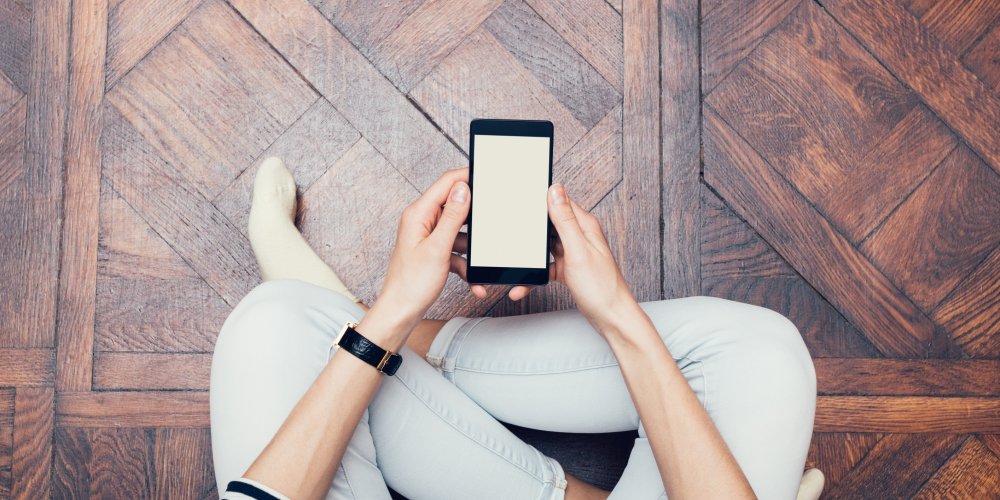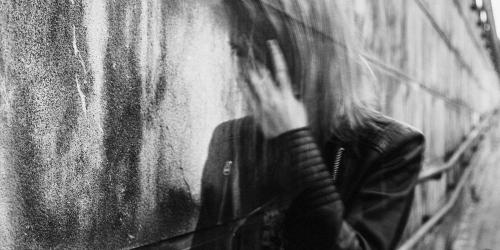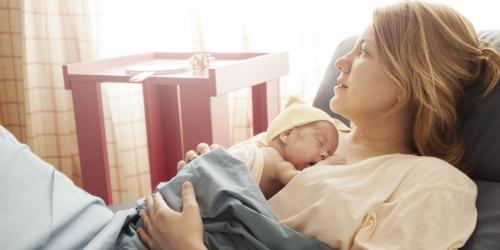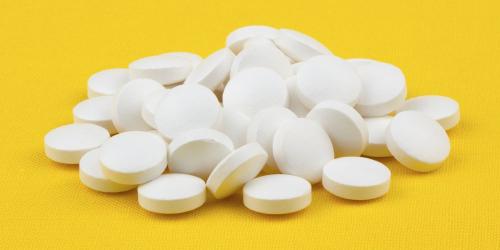Morgane weighed just 32 kilograms two years ago. At age 33, she gradually emerged from ten years of anorexia . "Today I am much better. This is the first time in a decade of illness that I have not lost a gram of the year. But I remain vigilant. "
Last year, hospitalized, Morgane posts daily her dishes on Instagram, to show what looks like meals of appropriate renutrition. Nearly 5,000 subscribers follow this account dedicated to its reconstruction. She realizes that there are many people in her case who are counting on her, and that encourages her for her own healing.
Quickly, the community that meets naturally around its virtual plate makes this leader of projects related to new technologies want to imagine an application that would accompany people with eating disorders until their recovery. Anorexic, bulimic , orthorexic or obese ... Morgane surrounds herself with psychiatrists, nutritionists, endocrinologists and generalists to define which functionalities would help them, in one direction or the other. Feel Eat was born (and will be available in September 2018).
Closer to the pain, a logbook to share with his doctor
With this app, users will be able to record their meals on a daily basis, the context of their meals, their reactions after these meals (have they rested? Weighed? Have they vomited? Played sports?), And their bodily sensations ( are they hot? cold? headache?). This dashboard where the patient records his behavioral data gives him an overview that allows him to compare his current behavior with those of past weeks. It also allows him to point out problems, recurring or emerging, depending on the context.
The doctor can also follow this dietary, emotional and behavioral diary until the next appointment. "When you have an appointment a week with your doctor, you can forget to tell him some moments of the week, you do not always note them, or you play down an event that happened three days ago. The application does not replace a medical appointment, it is a tool for the patient to be engaged 24/24, closer to the pain when he feels it. It also allows the doctor to have a maximum of data, a detailed report of the week. "
Nothing obligatory in the exchange however, it is up to the patient to choose the data that he wishes to share, or not, with the medical profession. According to the creator of Feel Eat, the patient will feel some pride in having given this information himself without being monitored and forced to do so. He will feel an actor in his care, will be involved in his care and will confide more to his doctor. Several recent studies * have concluded that the patient confides much more easily to his doctor via an application than during a conventional appointment.
This agenda also includes a more personal section, so that the user can describe his feelings, as a digital diary to share his hard knocks ( " I feel weak " , " I canceled a meal with friends " , " I robbed the closets " ...) as his victories ( " I had a snack, " for example).
The strength of witness to diseases that isolate
Saturday, May 26, Morgane organized the World Day of Eating Disorders in Paris, and for the first time, doctors, families and patients were gathered for this kind of event. The virtues of the therapeutic alliance that she proposes with her app have been noticed by the three parties. Morgane strongly believes that the latter is the key, and to maintain this triangular relationship, is to place as much emphasis on testimonials as medical information on its platform.
"These diseases isolate a lot. They stigmatize. They are poorly understood because we have trouble verbalizing, expressing what we feel, describing what we really live. There are still many clichés about these pathologies. Many people still think it's a matter of will. So I think it's important to have a community, read testimonials and talk. This allows us to say that we are not unique and feel less weird. "
Morgane thought its application as a tool of care, support, but also, prevention. If the user asks a question about his eating behavior, he can answer a small scientifically validated questionnaire that will indicate if he seems, yes or no, suffering from an eating disorder. If this is the case, the application obviously suggests to surround himself with a medical team and even proposes a list of doctors to consult. If the patient is not ready to contact one of these professionals, he can still continue to have access to the application, his exercises, and reading the testimonials left by its users. One way, she hopes, is to start the long road to healing.
* In September 2017 and "The efficacy of smartphone-based mental health for depressive symptoms: ameta-analysis of randomized controlled trials" in October 2017)
To support Feel Eat, you can participate in the crowdfunding campaign by ICI .



